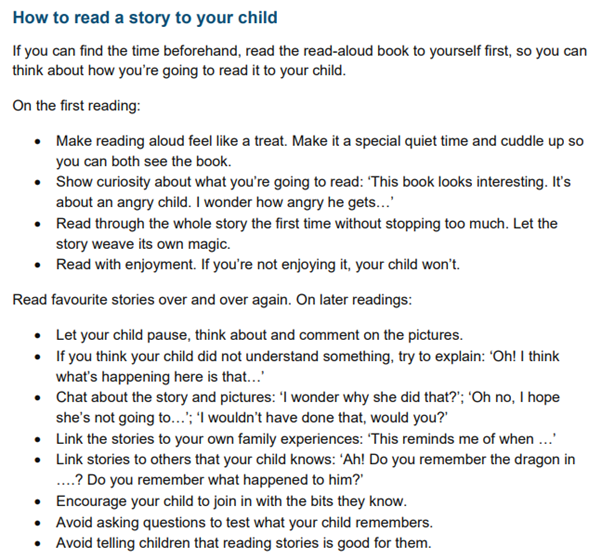Tutor Group Reading
I read for pleasure. Do you?
Reading is fun.
Reading is unique.
Reading makes you feel good.
Reading helps you make sense of yourself.
Reading connects children to each other.
Reading is a creative act.
Reading leads to learning.
At Bredon Hill Academy, we aim to foster a community of readers. We believe as stated in The Reading Framework (July 2023) “that reading is fundamental to education” and that “all members of staff are fundamental in ensuring all students learn to read”. One of our ways of implementing this intent is our tutor reading programme. It is delivered within tutor time periods by form tutors for forty minutes a week. This is guided by resources provided by the English Department completed in form tutor books/journals. We employ echo reading and choral reading to develop fluency and provide regular practice.
During this academic year, we are reading poems within each year group a week during the Autumn term. We will read two non-fiction articles a week during the Spring term and finally a selection of short stories during the Summer term.
Autumn Term
Poetry selected for each year group from various sources
Spring Term
Non-fiction articles selected for each year group from Aquila, Britannica, Worcestershire Wildlife and This Week (Junior) magazines
https://www.britannicamagazine.com/
https://www.worcswildlifetrust.co.uk/
Summer Term
Short fiction stories selected for each year group
Year 6 from ‘Short Stories’ series 
Year 7 from Aquila Magazine 
Year 8 from Sci-Fi Short Stories for Teens 
Texts have been selected carefully to ensure that the range of poems, articles and narratives available address age-appropriate themes, but offer a high level of challenge too. We are dedicated to ensuring that progress is made at every stage of your child’s learning journey, and are sure that this new initiative will provide endless opportunities for that. We invite parents to regularly engage with their child about the texts being read.
Strategies for supporting your child at home:
Be interested - ask about the book weekly – plot, characters, themes, predictions
Be sensitive - ensure students have chance to discuss delicate themes that arise
Be aware - feel free to purchase and read the book that your child is reading
(as long as they don’t jump ahead in the book beyond their peers!)
Be relaxed - offer a calm, stress-free environment that cultivates enthusiasm
Be an example - let your child see you reading for pleasure on a regular basis at home

